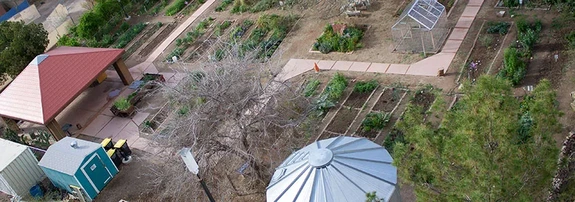
Garden Features
The University of Arizona Community Garden boasts several features that have been developed over the years by student groups and volunteers. Many of these projects contribute to the sustainability efforts within the Garden while enhancing the services provided to our community members and gardeners. Interested in renting your own garden bed? Check out our Renter Information page for more details on the features and services provided to Garden members.
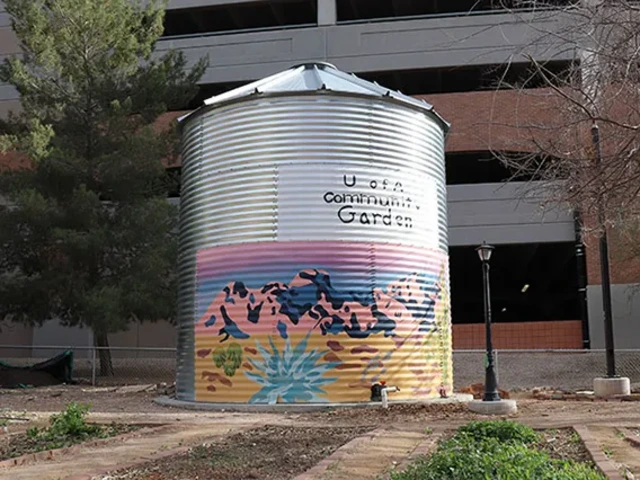
The Highland Garage Cistern is the largest visible rainwater harvesting cistern on campus with a 28,000-gallon capacity. Installed in 2016, the cistern captures an estimated 100,000 gallons of precious rainwater a year from the top floor of the Highland Garage to use in the garden rather than letting it run down the street.
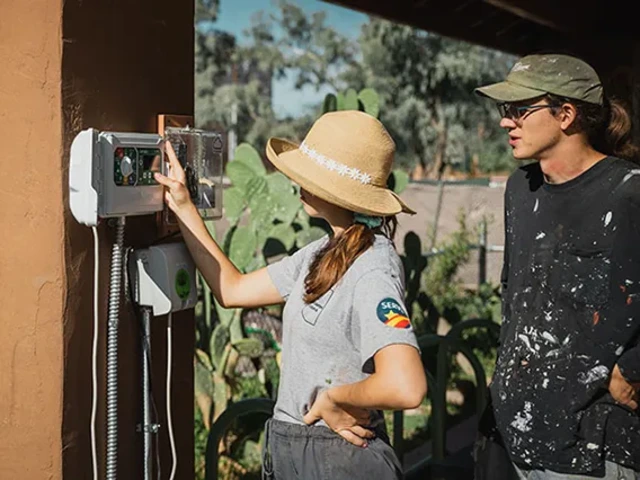
Gardening in the desert can have its challenges during the summer months, and high-water consumption can be a problem. Steps have been taken to reduce our water use by using seasonal watering schedules, installing smart irrigation controllers, and by staying vigilant with leaks and overwatering.
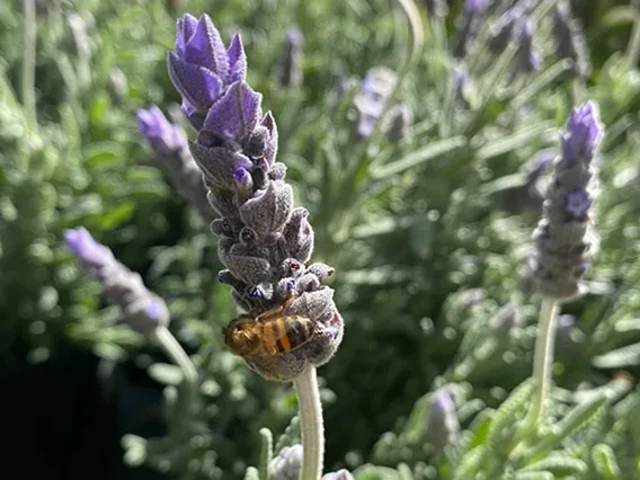
The Garden features numerous pollinator beds with many indigenous wildflowers such as desert penstemons and globemallows, milkweeds, and others. In 2017 more than 100 milkweed plants were planted throughout the Garden to support Monarch butterflies. During Spring 2018 semester, students installed a “Pollinator Basin,” which combined a passive rainwater harvesting basin with numerous pollinator-friendly plants on the west side of the Garden.
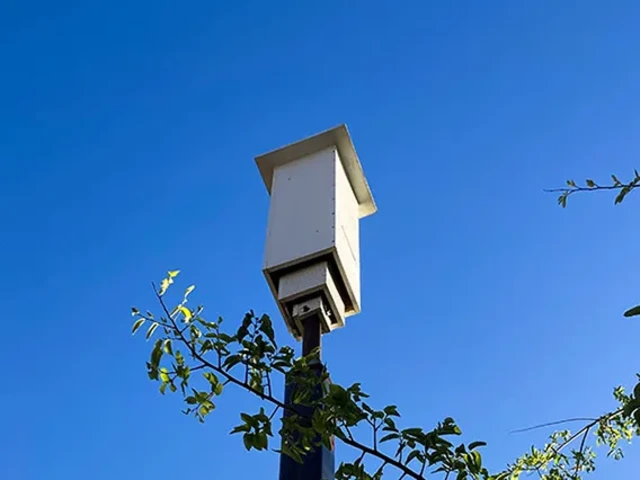
Native bat populations are losing habitat at an alarming rate due to urban development. Bats act as both pollinators and important suppressors of insect populations, reducing the need for artificial pesticides. In 2017, the College of Architecture, Planning, & Landscape Architecture partnered with the Garden to install a bat box in the Garden next to the Cistern, to raise awareness of the issue and to provide an urban home for bats.
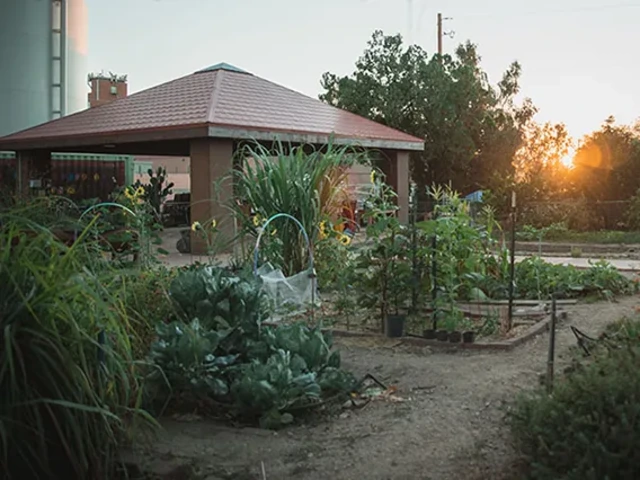
The Eugene G. Sander Ramada is one of the primary features of the Garden, providing a sheltered gathering space for activities. The Ramada was dedicated in 2013 to former President Sander, who served as the 20th President of the University. His goal was to further the mission of the University by improving life for the people of Arizona through education, research, creative expression, and community engagement, goals also shared by the Garden.
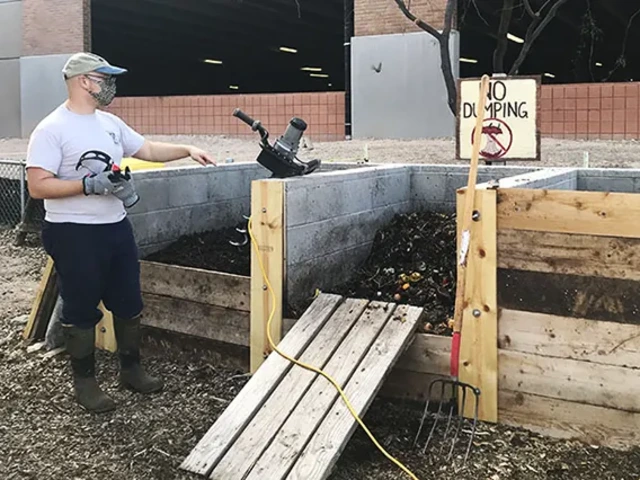
Composting is one of the best ways for an individual to reduce their carbon footprint while creating a rich soil amendment. Our Garden features a three-bin composting system that is actively managed by the Compost Cats. Compost created in this system is used in the Garden and shared with users of the Bucket Program – an at home composting program.
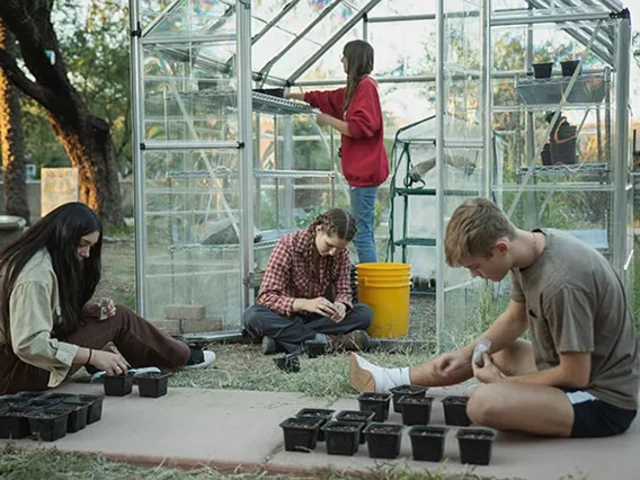
Winter months can be a great growing season in the Sonoran Desert, but freezing temperatures can still threaten crops and seedlings. The Garden has recently installed a greenhouse that can be used to extend the growing season for renters. The Garden Managers will use the Greenhouse to grow crops and herbs for the Campus Pantry as part of an ongoing partnership.
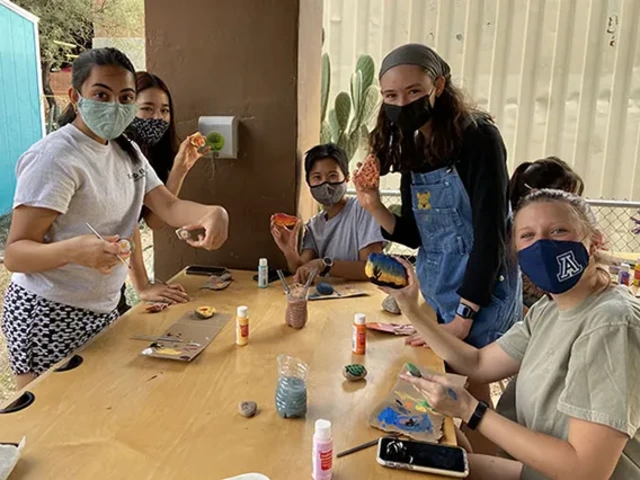
Art and nature always seem to go hand in hand, and this is no exception in our Garden! Over the years community members and students have contributed artwork to the Garden from small painted rocks to large murals. The Garden is a space for people to come together with nature and express themselves through their gardening or their artistic abilities.
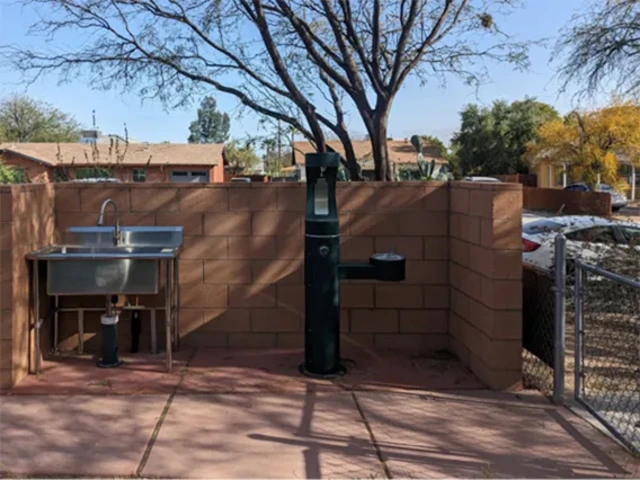
During the Spring 2022 semester, the Garden Committee was awarded a grant from the Campus Sustainability Fund to install a feature that gardeners had been requesting for years! The Garden has installed a water fountain, a water bottle refill station, and a sink for washing produce. The installation of these features has expanded the programing that is offered in garden and is a great amenity for gardeners while they are tending to their plots.
